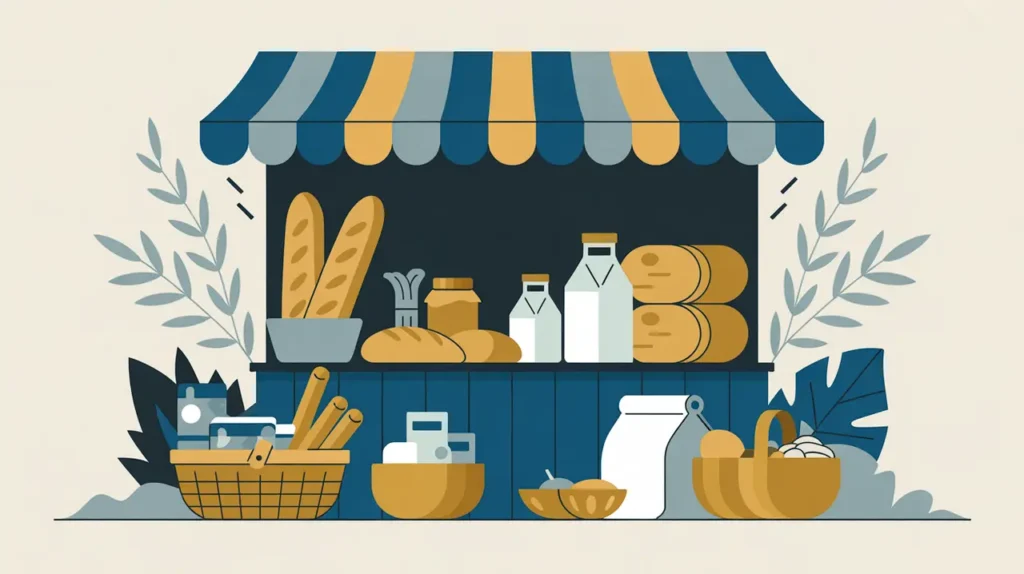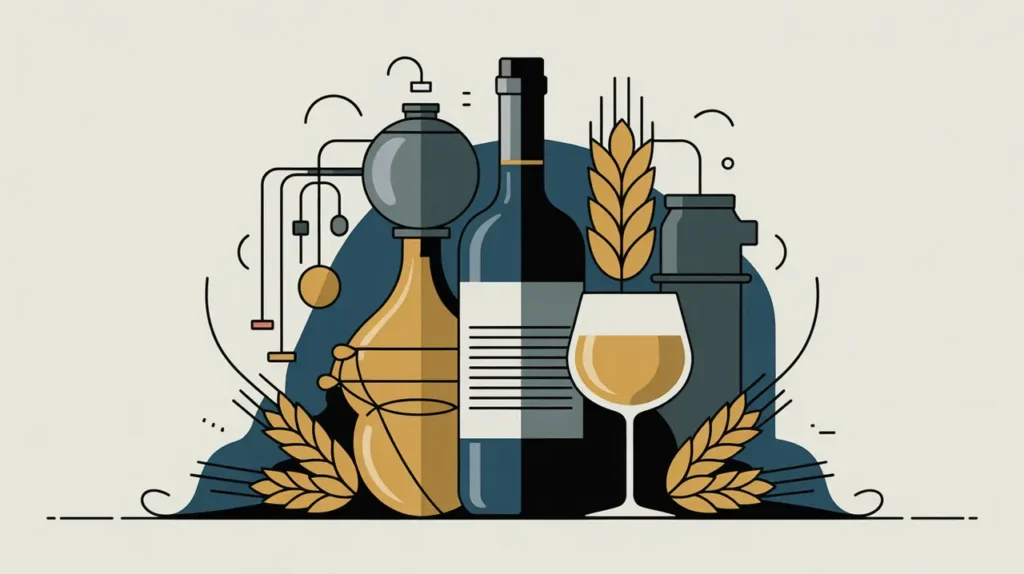Importance of Food and Beverage
The food and beverage sector is central to nutrition, livelihoods, and cultural identity. It drives global trade, sustains millions of jobs, and influences health outcomes through diet and consumption patterns. In international development, the sector connects directly to food security, agricultural value chains, and public health. For nonprofits and social innovators, food and beverage industries matter because they shape diets, access to safe and affordable nutrition, and opportunities for small-scale producers to participate in markets.
Definition and Features
Food and beverage refers to the production, processing, distribution, and sale of edible products and drinks for human consumption. Its defining features include:
- Nutritional Impact: a primary determinant of health and wellbeing.
- Economic Role: a major contributor to employment, trade, and national income.
- Cultural Significance: deeply tied to traditions, identity, and social life.
- Regulation: subject to food safety standards, labeling laws, and quality control.
How this Works in Practice
In practice, the food and beverage sector ranges from local markets and small enterprises to multinational corporations. Development actors may support farmer cooperatives to access supply chains or promote nutrition-sensitive food processing. For example, nonprofits often work with communities to reduce malnutrition by improving access to fortified foods or healthier beverage options. At the same time, the sector faces challenges such as unhealthy dietary trends, food waste, environmental pressures from production, and inequities in global supply chains.
Implications for Social Innovation
Food and beverage systems offer wide scope for social innovation by connecting agriculture, health, and markets. Innovations include plant-based proteins, sustainable packaging, community-supported agriculture, and digital platforms that link producers to consumers. For proximate actors, equitable participation in food and beverage value chains ensures both livelihoods and improved diets. The food and beverage sector is essential for advancing nutrition, economic opportunity, and sustainable development.







